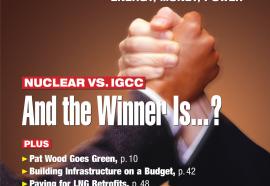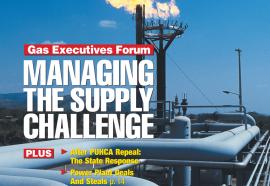Penalty Predictability
Bringing fairness to FERC enforcement.
FERC’s proposed penalty guidelines provide the opportunity for improved regulation. More practical and consistent characteristics for determining penalty fine ranges will increase penalty predictability for industry violations of federal regulations—and will make FERC’s enforcement more fair and transparent.










